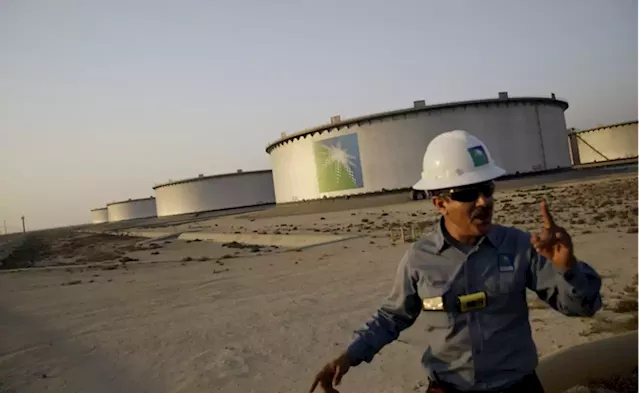The expansionist era is over for Taiwan’s $1.1 trillion life insurance industry after the steepest Federal Reserve interest hikes in 40 years pushed it to the brink of a liquidity crisis.
“The central bank is an early warning system: it’s reminding you to watch out,” said Chang Shih-chieh, a former member of Taiwan’s Financial Supervisory Commission. “You need to be careful of liquidity issues or else accumulated minor losses could eventually get out of control.”Getting back on track will mean painful changes. The sector has already embarked on a substantial capital raise and is under pressure from the financial services regulator to fundamentally overhaul its product mix.
By October 2022, the net worth ratio of seven companies had dropped below the 3 percent regulatory minimum. As the situation deteriorated, Taiwan’s Financial Supervisory Commission stepped in. They allowed the reclassification of loss-making bonds as assets measured at amortized cost, and relaxed rules around hedging, bond trades and debt issuance.
“Their day-to-day activity may not dictate what spreads do in aggregate,” said Winnie Cisar, global head of credit strategy at CreditSights. “But at the margin they’re very important for absorbing incremental supply and just being one of those extra buyers of corporate credit that keep things relatively stable.”
Three lifers are on negative credit outlook, according to S&P’s Taiwan Ratings. Two are small, but the other is Shin Kong Life, one of Taiwan’s top six life insurers. In the first half of 2023, Shin Kong’s after-tax losses jumped to NT$11.2 billion . The company is also facing capital pressure, as it only just cleared regulatory minimums in March.
Brasil Últimas Notícias, Brasil Manchetes
Similar News:Você também pode ler notícias semelhantes a esta que coletamos de outras fontes de notícias.
 Saudi Arabia hikes most oil prices to Asia, Europe as market tightens | Bloomberg NewsSaudi Arabia raised nearly all oil prices for September to Asia and Europe as supply restrictions and rising demand tightens the crude market. State-owned Saudi Aramco raised the price for Arab Light crude for sale to Asia by 30 cents to $3.50 a barrel above the benchmark, according to a…
Saudi Arabia hikes most oil prices to Asia, Europe as market tightens | Bloomberg NewsSaudi Arabia raised nearly all oil prices for September to Asia and Europe as supply restrictions and rising demand tightens the crude market. State-owned Saudi Aramco raised the price for Arab Light crude for sale to Asia by 30 cents to $3.50 a barrel above the benchmark, according to a…
Consulte Mais informação »
